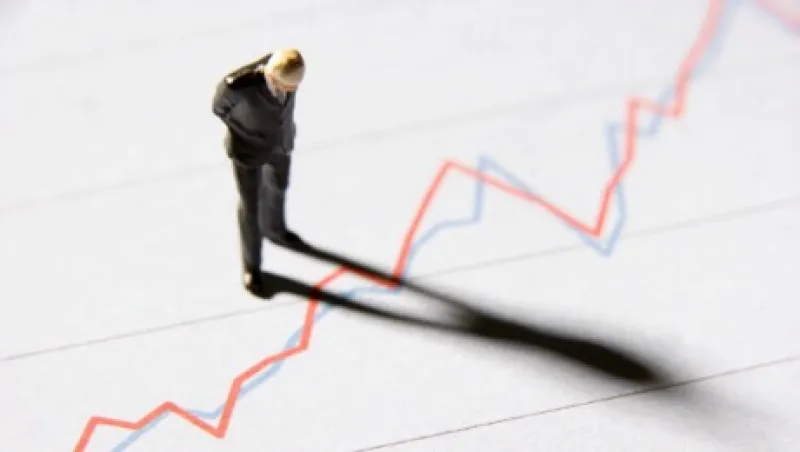
Daily Agenda: For Global Equity Markets It’s Déjà Vu All Over Again
Japanese consumer spending shows signs of life though J.P. Morgan dims growth outlook; rare-earth mining company Molycorp Inc. files for Chapter 11.
Andrew Barber
June 26, 2015


